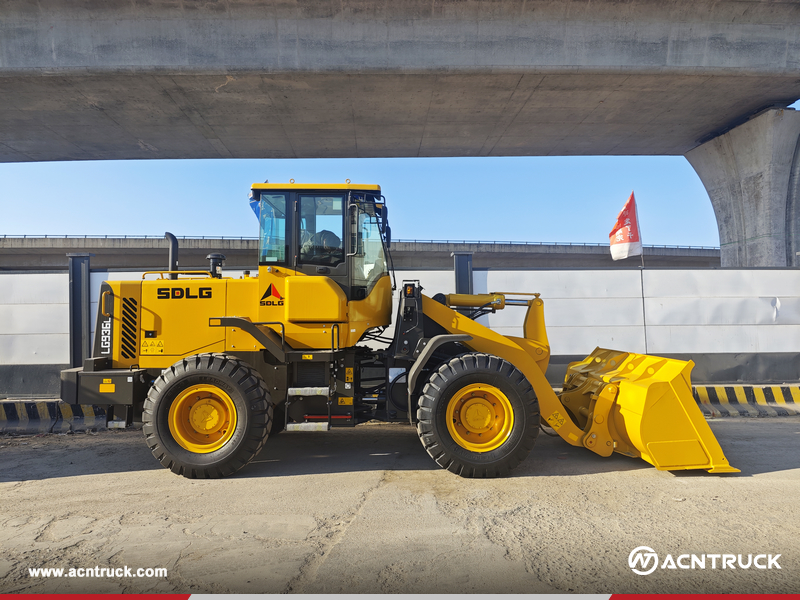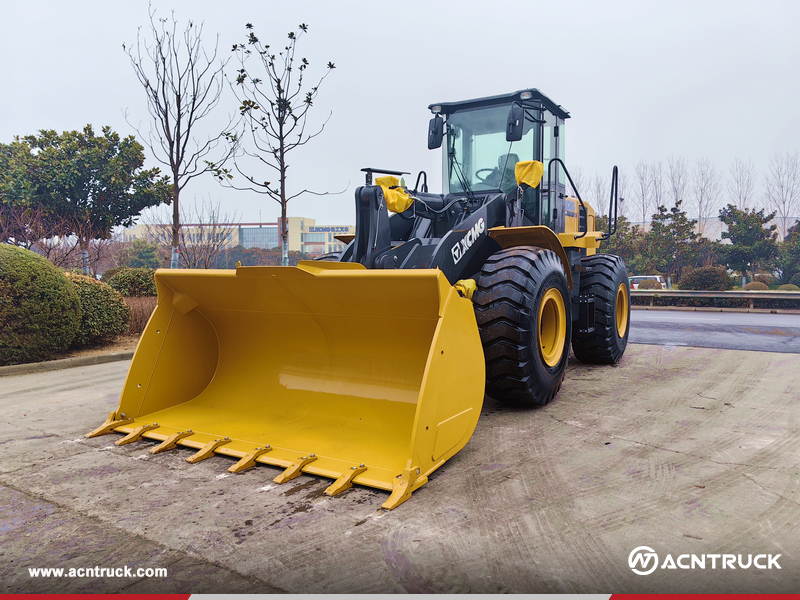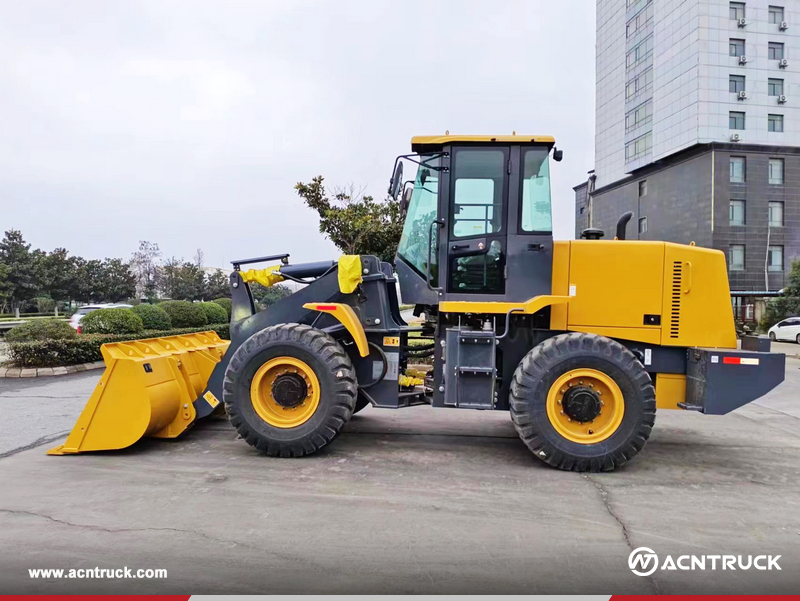Summer
is the peak of the use of loaders, but also the high incidence of water tank
failures. The water tank is an important part of the loader cooling system, and
its role is to distribute the heat generated by the engine by circulating water
and maintaining the normal working temperature of the engine. If there is a
problem with the water tank, it will cause the engine to overheat and even
damage. Therefore, it is very necessary to maintain the water tank of the
loader in summer. The following are some common maintenance methods:

1. Clean the water tank
Check
the inside and outside of the tank for dirt, rust, or blockage. Use a soft
brush or compressed air to remove dust and rinse with water. For rust or
blockage, you can use a special cleaning agent or acid solution after soaking.
2.
Check and replace the coolant
Ensure the coolant is adequate, clean, and qualified. When it is insufficient, it is
replenished in time, and replaced in time when it is not clean or unqualified.
When replacing, first let off the old liquid, rinse with clean water and then
add the new liquid. When choosing coolant, refer to the loader's operating
instructions or the manufacturer's requirements.

3.
Check the water tank cover
Make
sure the tank cover is well-sealed and free of cracks or distortions. An
unsealed tank cover can cause the coolant to evaporate too quickly, reducing
the cooling effect.
4.
Check the connection parts
Check
whether the connection between the water tank and the engine or radiator is
leaking or loose. If yes, tighten or replace parts such as gaskets and hoses in
time.
5.
Regular maintenance and inspection
It
is recommended that the tank be fully inspected, cleaned and replaced with
coolant once a year or every 10,000 kilometers driven. This can extend the
service life of the tank and improve the efficiency and safety of the loader.

Under
the test of high temperatures in summer, the maintenance and maintenance of the
loader water tank is particularly important. By following the above care and
maintenance guidelines, we can effectively prevent the occurrence of tank
failures and ensure that the loader can still work efficiently and stably in
the hot season.